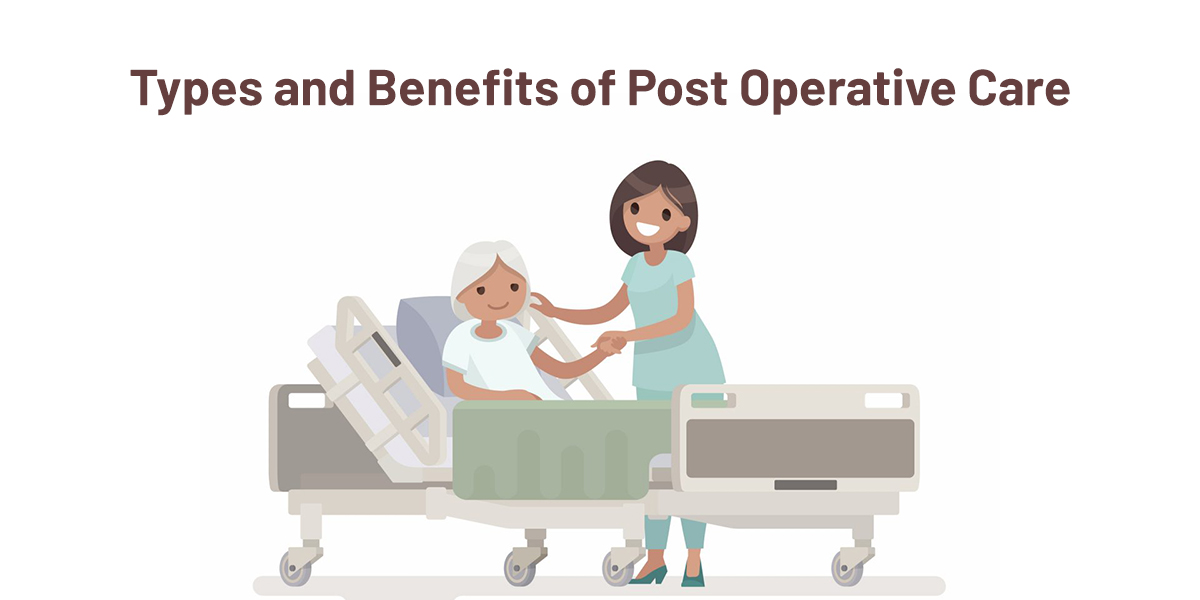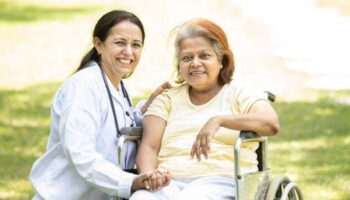The road to recovery after a surgery is long and sometimes it makes you feel unmotivated and tired. It feels more tiring if it is a senior, considering the physical and psychological limitations they may have.
Unlike this popular opinion, seniors reach the recovery destination faster and stronger when their daily routine is coupled with encouraging activities such as yoga for seniors. Another encouraging activity would be music therapy for seniors.
The postoperative care begins right after the surgery and it brings a lot of new challenges along with it. The potential complications, daily routine disruptions, and side effects, together hamper the quality of living. If it is a senior who is living alone, the complications can double up.
However, such seniors can ease their situation by seeking help from professional caregivers, and resorting to rehab care for elders and short stays provided by assisted living facilities.
Preparing for the postoperative care –
Depending on the nature of the surgery, gender, age, health condition, and sometimes the time of the surgery, the postoperative care varies from surgery to surgery. Prepare a list of questions regarding the complete care required and duly follow the suggestions for a better recovery of the senior.
Types of postoperative care –
Basically, there are two types of postoperative care – the inpatient care and the home-based care. Continue reading to understand postoperative care for seniors, in detail.
Postoperative care at hospital-
Based on the type of surgery the senior had, he or she might need to stay at hospital for a certain period of time. During this time, the trained nurses and other medical professionals take the right kind of care as instructed by the surgeon or the consultant.
Starting from monitoring the vitals, the medical team provides the much-needed care. This is an opportunity for the family member to observe and learn. This knowledge might be helpful as in how to make the patient sit, walk, how to hold them, how to maintain hygiene, and other essential day to day care activities.
Postoperative care at home –
Followed by the discharge, this type of care includes the diet instructions, watching out for the potential complications, taking medications as prescribed, involving in the instructed physical activities, and keeping up with the followup appointments is essential to reduce the distance between your loved one and the complete recovery.
Postoperative care can be stressful for both the patient and his/her family members as it is a long process. Besides, this care demands considerable medical awareness and the signs of side effects or complications. Leaving it to the medical professionals and providing your moral support to your elderly does more good than you could imagine.
Benefits of postoperative care by a caregiver –
Regaining the control over your life is a feeling of bliss. And, postoperative care by an experienced caregiver or a nurse can dawn it upon the life of a recovering individual. Here are the benefits of postoperative care by a caregiver.
- Speedy recovery
- Enhanced quality of life
- Reduced scope for any side effects or health complications
- Regaining control over personal and professional aspects of life
- A much-needed relief from the health conditions that hampered overall sense of life
Conclusion –
To conclude, it can be extremely difficult for elders to look after themselves or for the family members after a surgery and things only become worse if the senior is living alone. Considering all these complications and potential side effects, it is wise to hire a nurse from home healthcare service providers or there are a few assisted living facilities or the luxury senior living homes that are offering short-term postoperative care services.
Schedule a visit to one of these assisted living facilities near you, if you are in need of postoperative care for seniors or for your elderly partner.





